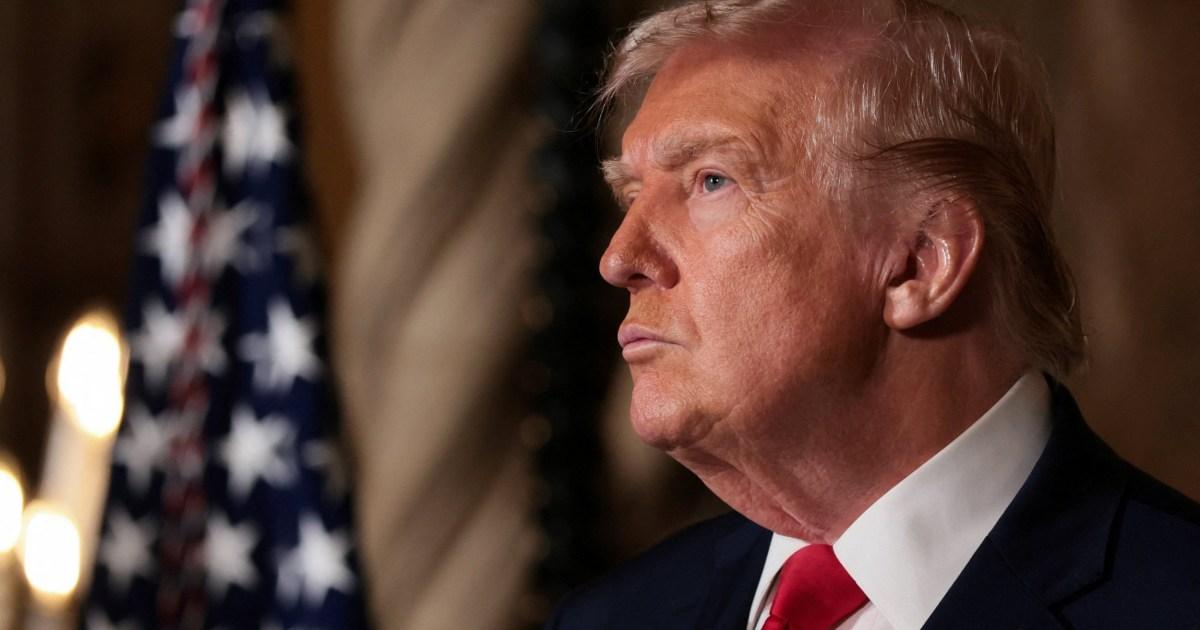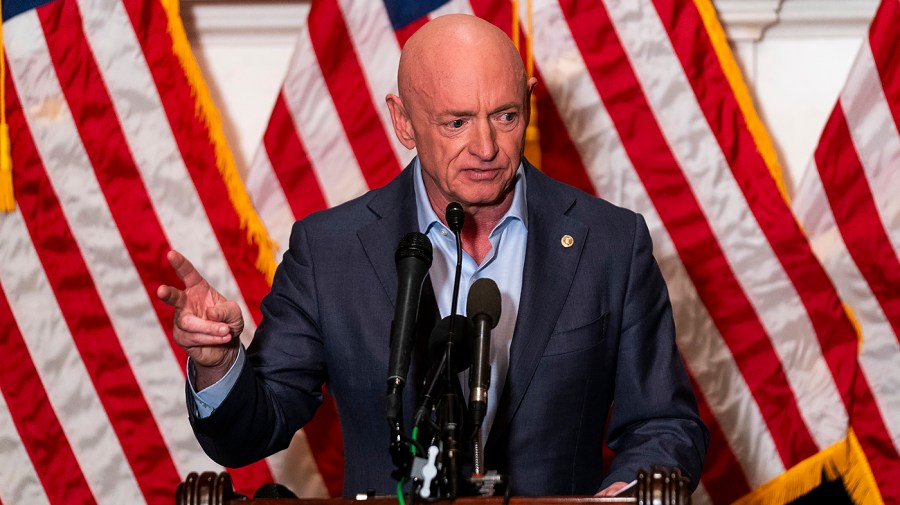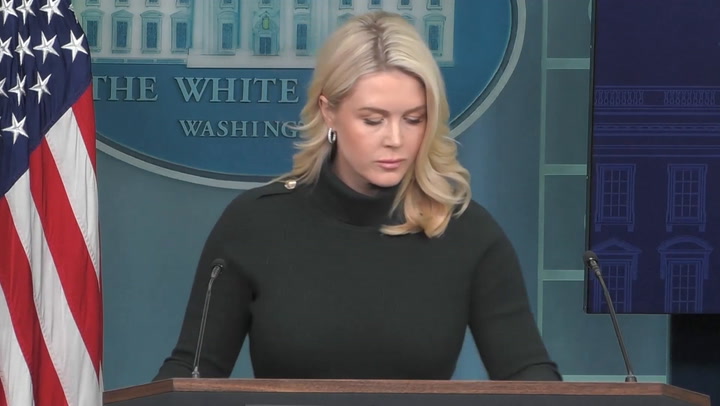During a recent interview, Kamala Harris expressed her belief that a woman will eventually hold the presidency. Her remarks, made last weekend, included a personal note: “I am not done,” suggesting that she could be a contender for that historic role. This statement has ignited discussions across the political landscape, prompting reactions that range from support to skepticism.
Harris’s comments come at a time when the Democratic Party faces questions about its electoral strategies. With the upcoming elections, some political analysts argue that the party may need to reconsider its approach to candidate nominations. A segment of the electorate has raised the possibility that nominating more male candidates could improve the party’s chances of winning key offices.
Critics of Harris’s statement have voiced concerns about the implications of her potential candidacy. Some voters have expressed fatigue over repeated calls for the party to prioritize identity politics over electability. In response to her comments, public sentiment reflects a mix of hope for gender representation and apprehension about the effectiveness of certain candidates, particularly those with prior national profiles.
Kamala Harris, who serves as Vice President of the United States, has been a prominent figure in discussions surrounding women in politics. Her assertion that a woman will one day lead the nation is seen as both aspirational and indicative of her ongoing ambition. Yet, for many voters, the question remains: does the identity of the candidate matter more than their ability to win elections?
The Democratic Party has faced significant challenges in recent elections. An examination of voting patterns indicates that demographic shifts, along with changing political sentiments, have impacted the party’s performance. As the party prepares for future contests, it may need to assess its candidate selection process to align with the preferences of a broader electorate.
The discourse surrounding women’s leadership in politics is not new, but it has gained renewed urgency. Many activists and observers argue that increased female representation is essential for a balanced governance. Yet, the path to achieving this remains complicated by perceptions of electability and the realities of political competition.
The debate about Harris’s potential run highlights the complexities of gender dynamics in electoral politics. As the Democratic Party evaluates its strategies moving forward, the implications of nominating candidates based on gender versus capability will likely remain a focal point of discussion.
In conclusion, while Kamala Harris advocates for the future of women in leadership roles, the Democratic Party must navigate a challenging landscape. Balancing the need for diverse representation with the imperative to win elections will be critical as they prepare for the next electoral cycle.







